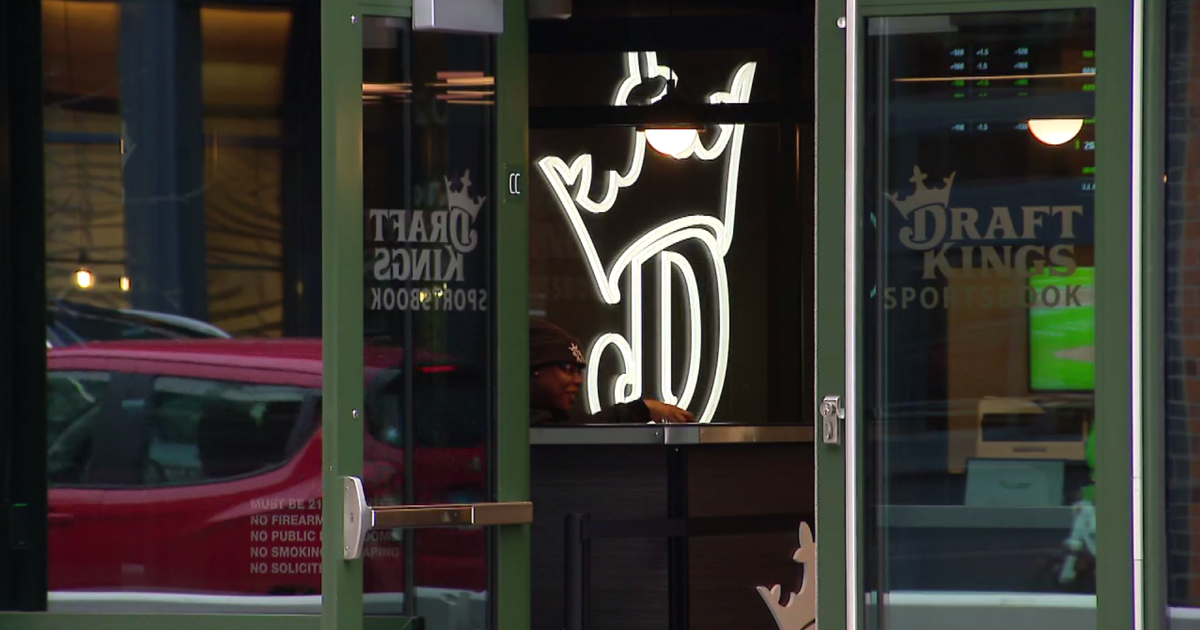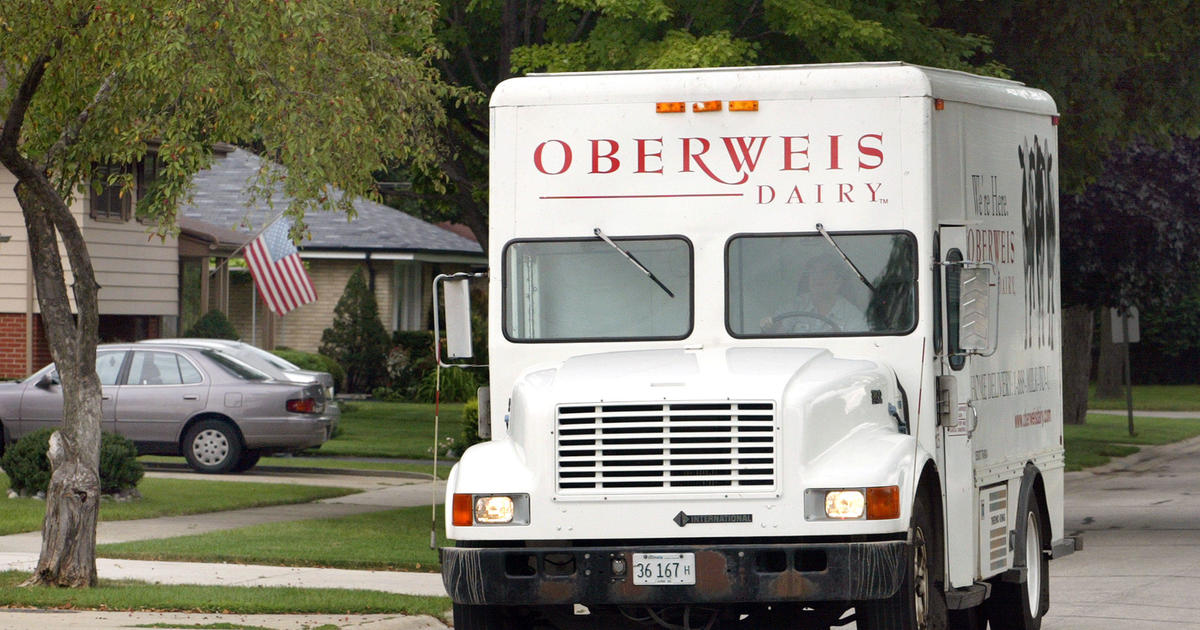Interactive | Unemployment in Illinois Still At Record High Compared to Pre-Pandemic Times. But There Are Glimpses of Hope.
By Samah Assad
CHICAGO (CBS) — Despite a decline in COVID cases and reopening efforts, the latest unemployment numbers show the devastating effects of the pandemic on Illinois' economy aren't over.
In February, 13.3 million people across the country reported they had been unable to work because their employer closed or lost business due to the pandemic, according to a recent report from the Bureau of Labor Statistics (BLS).
CBS 2 tracked the number of people in Illinois who filed for unemployment every week to capture the economic impact of the crisis. The analysis found more than 3.3 million people have filed for unemployment with the Illinois Department of Employment Security (IDES) in the last year alone. Graphing the numbers paints a timeline of the ongoing impact.
One year ago -- the week of March 16, 2020 -- was the first time Illinois saw a surge in claims filed during the pandemic. More than 114,000 people filed for unemployment alone, just days after the World Health Organization declared a global pandemic.
Not long after, Gov. J.B. Pritzker announced a statewide stay-at-home order. Businesses were forced to close, and unemployment numbers continued to surge. The next week, more than 200,000 people filed for unemployment.
The numbers dropped, then stayed steady, as Illinois reopened in the summer months. Unemployment spiked again in the fall, as restrictions tightened due to an increase in COVID cases. IDES said layoffs in manufacturing, hospitality and education services also contributed to the spike in claims toward the end of 2020.
So where does Illinois stand today? The data reveals how, one year since the pandemic began to cripple the economy, the state is still struggling to bounce back. Unemployed Illinoisans continue to file claims at record numbers compared to pre-pandemic times.
The latest data from IDES shows, during the week of March 1, 2021, more than 57,000 people filed for unemployment benefits. While that is an improvement from earlier months, it's still a 559 percent increase compared to the total number of people who filed at that time in 2019.
The number of unemployment claims filed with IDES also may not always be indicative of economic conditions. Seasonal lulls in layoffs contributed to temporary decreases in unemployment claims being filed during the holidays, IDES said. In addition, since the beginning of the pandemic, CBS 2 has extensively documented systemic issues that prevented people from filing for unemployment benefits. CBS 2 continues to receive tips about this issue today from people who say they are still struggling to file or get ahold of IDES to help with their claims.
CBS 2 also examined how Chicago specifically has been impacted. According to the most recent data from the U.S. Department of Labor, 10 percent of the labor force, or nearly 131,000 people, are unemployed. Prior to the pandemic, Chicago had not seen the unemployment rate this high since 2013. Chicago's unemployment rate is also higher than the current national rate of 6.2 percent.
CBS 2's analysis of IDES data also identified the industries that have been impacted the most. One year later, manufacturing and hospitality industries, along with education and retail, continue to experience the highest number of mass layoffs in Illinois -- some as recently as January of this year.
However, a recent report from the BLS offers a glimpse of hope for jobs across the country, amid vaccine distribution and reopening efforts:
- In February, most of the job gains across the country occurred in the leisure and hospitality industry. Specifically, employment in leisure and hospitality increased by 355,000 jobs. The majority of the increase was in food and drink services. The report cited the easing of pandemic-related restrictions in some parts of the country as a factor. Still, employment in this industry is down by 3.5 million, or 20.4 percent.
- Temporary help services added 53,000 jobs.
- Health care and social assistance jobs increased by 46,000.
- Job growth was widespread in retail trade, adding 41,000 jobs across general merchandise stories, personal care stores, and food and beverage stores.
- While significantly impacted by the pandemic, manufacturing employment increased by 21,000 jobs in February.
You can read the full BLS report below:



